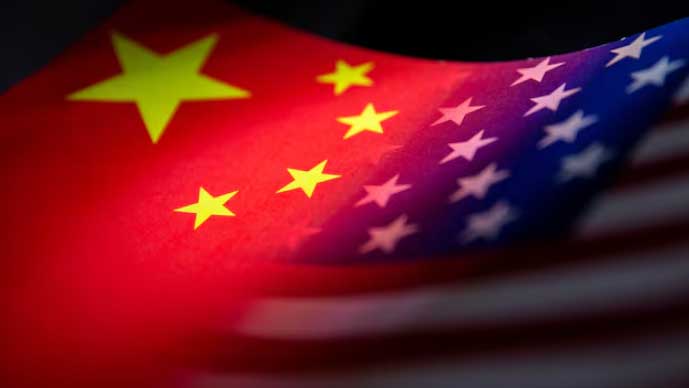Expectations for China to implement fresh stimulus measures have recently been pared, but inflation data released Wednesday might revive those hopes.
Consumer inflation retreated more than expected in August, down 0.4 percent annually, the most in six months, mainly due to food prices, but core inflation rose 0.9 percent versus July’s 0.8 percent gain.Producer price deflation slowed sharply to -2.9 percent from -3.6 percent, matching estimates, amid the government’s drive to reduce excessive competition.
Policymakers still wary of more stimulus should reconsider relying too much on backwards-looking data that reflect one-off spending boosts due to consumer trade-in programmes and consumption loan subsidies set to expire at year-end. Deflation remains a medium-term threat.
China’s economy faces familiar challenges:weakproperty prices, and the threat of US tariffs being raised should trade talks sputter. President Donald Trump on Tuesday urged the European Union to impose 100 percent tariffs on China, to pressure Russia.
China has renewed efforts to jumpstart the property market by removing home-buying curbs on major cities Beijing, Shanghai and Shenzhen, which boosted property-related stocks. But broader measures may not materialise due to past experiences with speculative price pressures.
Financial market bubble fears aren’t restricted to real estate – policymakers are reportedly mulling ways to curtail equity market euphoriaafter mainland stocks recently notched decade highs, even as economic data disappointed.
The bar to adding policy stimulus is understandably high. But not doing anything risks eroding long-soughtdomestic investor confidence.





